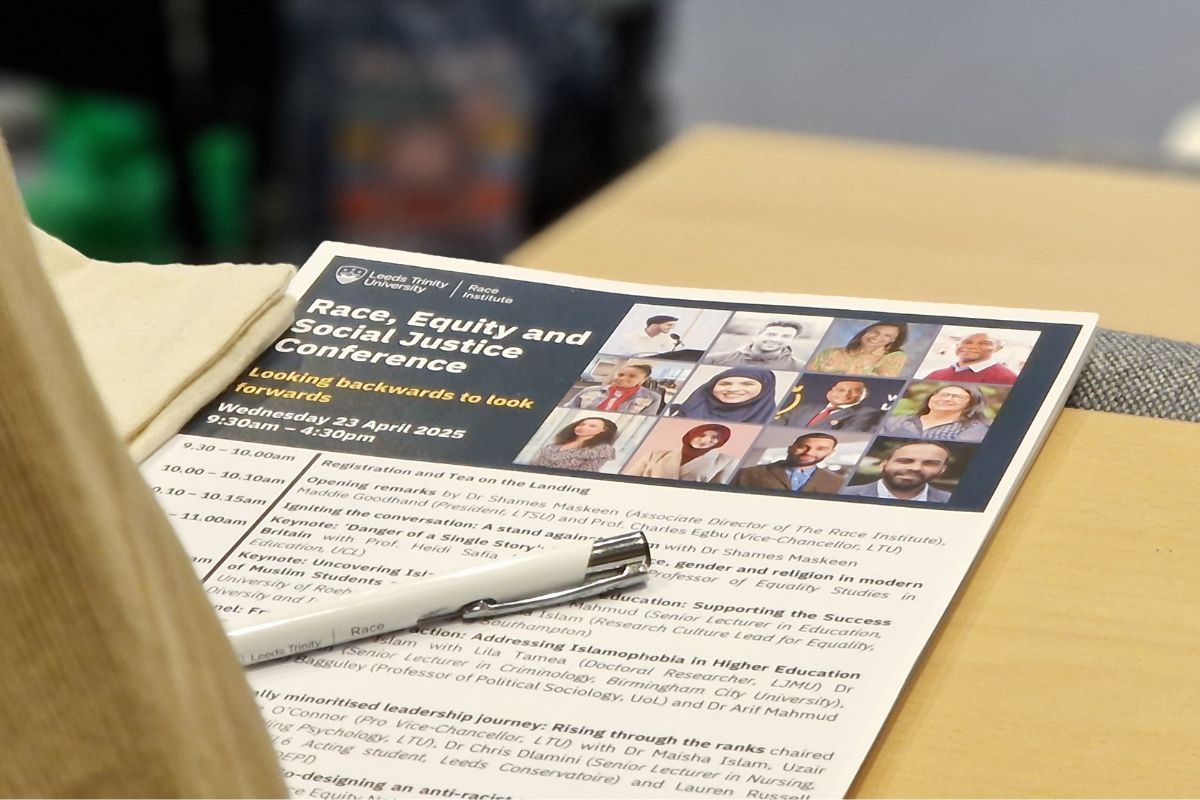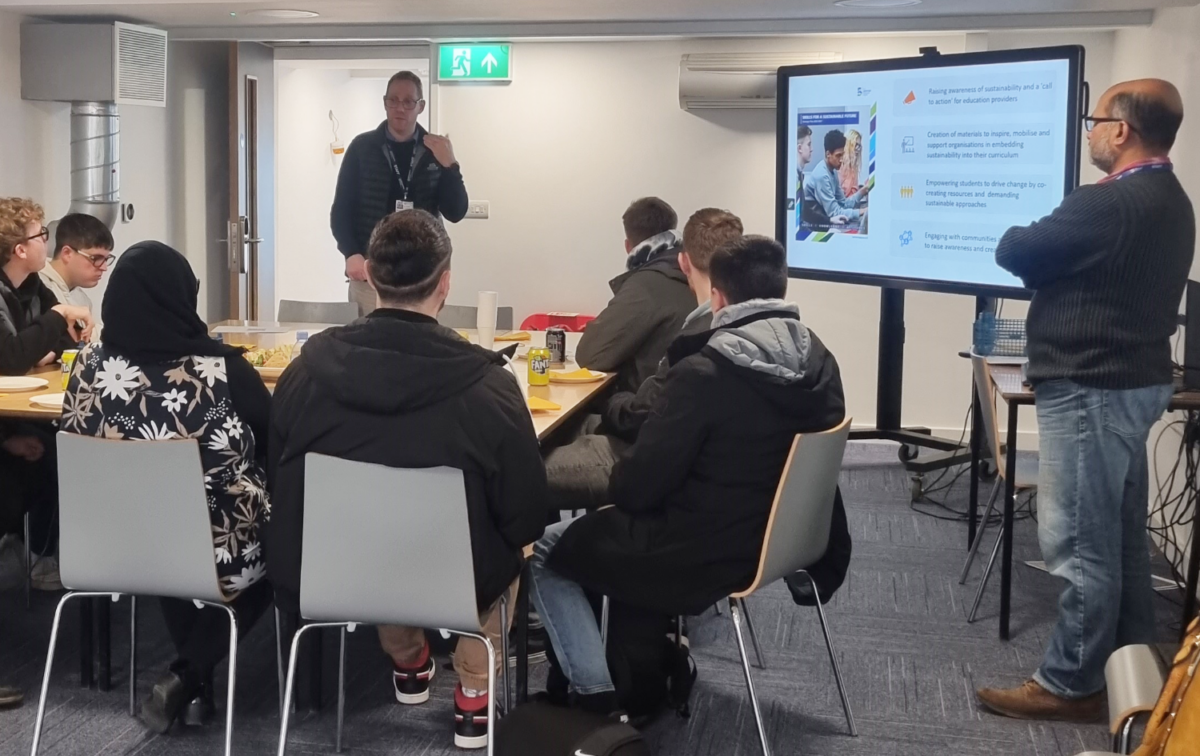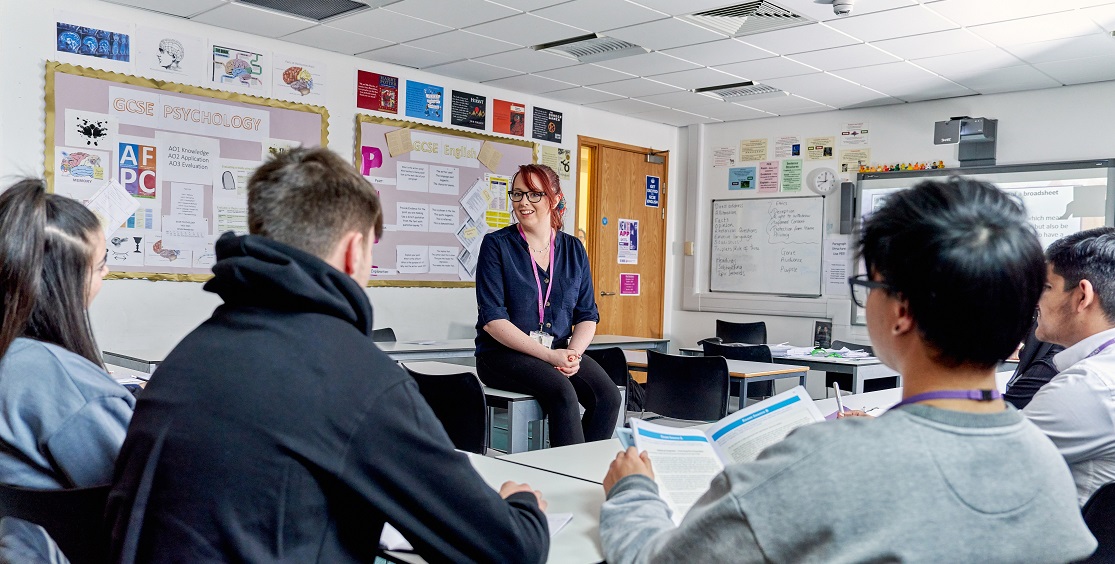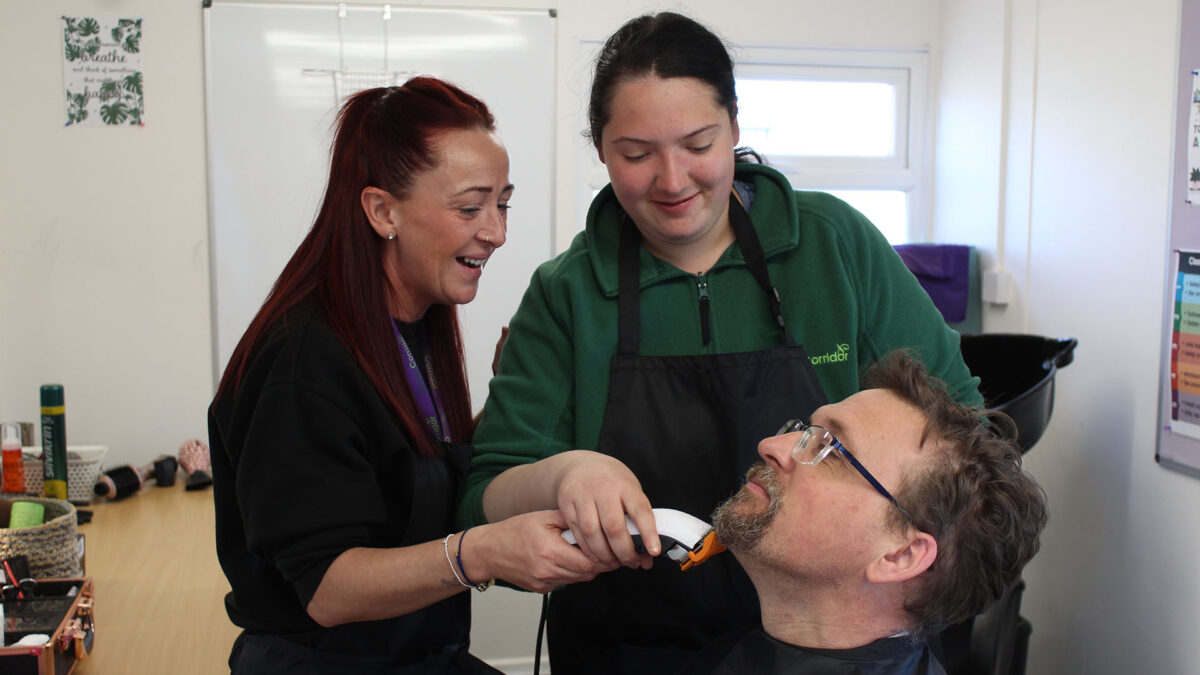What’s promising about the DfE’s new Sustainability and Climate Change Strategy?

On 21 April 2022, the Department for Education (DfE) launched its new Sustainability and Climate Change Strategy. There was good reason to celebrate. For a start, the strategy provided Government recognition of the vital role the Further Education (FE) and Training sector, and the education system more broadly, has in contributing to the achievement of sustainability goals.
The existence of a climate change and sustainability unit within the DfE, and the publication of a strategy that strives for climate action and net zero goals with such ambition, is a significant step forward. In this three-part series, I’ll share my analysis of the strategy’s highlights, pinpoint some notable omissions, and discuss how the strategy will affect FE providers. Let’s start with the highlights.
A well-aligned strategy
The strategy has a strong foundation of guiding principles, including partnership and collaboration, evidence and insight, leadership and support, and a whole-system approach. It is also well-aligned with broader Government policies such as the Net Zero Strategy, and responds to recommendations for education from the Committee for Climate Change, Dasgupta Review on the Economics of Biodiversity and the Green Jobs Taskforce report.
It is reassuring to see the strategy reflect the Education and Training Foundation (ETF)’s vision for education for sustainable development (ESD) that ‘all learners will be sustainability learners’. As the DfE writes in the strategy, “Green jobs will not be niche. We anticipate that sustainability and climate change will touch every career”. The ETF has long been championing sustainability teaching beyond simply STEM subjects, where sustainability education has traditionally been found. We recently released three new curriculum resources to support providers to enhance their ESD offer across the subject spectrum.
Incorporating inclusivity
The ETF is committed to enabling those from disadvantaged backgrounds to access these opportunities. It is therefore encouraging to see the strategy recognise the need for the transition to sustainable futures to be a socially-just one, directly addressing inclusivity: “Programmes will provide the opportunity for people of all ages to train, retrain or upskill to go into green careers”. This supports the sector’s development of specialist sustainability skills, which will enable the transition to a diverse green workforce. However, it’s important to note that the strategy does not go into detail on how this will be achieved.
Highlighting success to date
The DfE was also careful to recognise the work already underway within the sector and the significant contribution it has made so far: “Many providers are already taking steps to embed the relevant teaching of sustainability and climate change across the full range of their courses… We recognise how much is already being done across the sectors by enthusiastic individuals, governance boards and leadership teams”. This recognition is important to the organisations that are already driving effective whole-setting approaches to the challenges of sustainability and climate change. It celebrates the sector’s trailblazers that have successfully led change already, and showcases existing effective practice for others to be inspired by.
Teaching standards are key
Just as the Skills for Jobs White Paper demonstrated that excellence in teaching is critical for the success of the sector, this strategy recognises a commitment to “develop an occupational standard for further education teaching, which explicitly requires all new teachers to integrate sustainability into their teaching, through modelling sustainable practices and promoting sustainable development principles in relation to their subject specialism.”
Thanks to the work at the ETF, this commitment is already well underway to being fulfilled, as we have facilitated the introduction of ESD into the occupational standards for Level 5 Learning and Skills Teacher, as well as the latest revision of the Professional Standards for Teachers and Trainers and forthcoming revisions to The Minimum Core for initial teacher education.
One final highlight of the strategy is how it provides clarity for educators that they absolutely can teach about the climate crisis with political impartiality.
The DfE states:
“Teaching about climate change, and the scientific facts and evidence behind this, does not constitute teaching about a political issue and schools do not need to present misinformation or unsubstantiated claims to provide balance.”
This gives schools and colleges the agency to teach climate education in a way that explores relevant political and scientific debates, and, as the strategy recommends, to handle topics in line with schools’ legal duties on political impartiality.
Looking ahead
Overall, there is lots to celebrate. The strategy was informed by young people, sustainability and climate change experts and sector representatives, including the ETF. It commits to action being reviewed and updated annually to respond to new opportunities, scientific updates, evidence and data, and there is real opportunity to further shape how the FE and Training sector supports the strategy.
It would be great to see in future iterations, and in the sector’s response to the strategy, enhanced comprehensive reporting of ESD action as well as a broadening of the strategy’s ambition to include some of the elements missing in its inaugural version. In the next article, I’ll take a closer look at how the strategy could be further developed.

This is article 1 of a 3-part series, keep an eye out for our future articles!











Responses